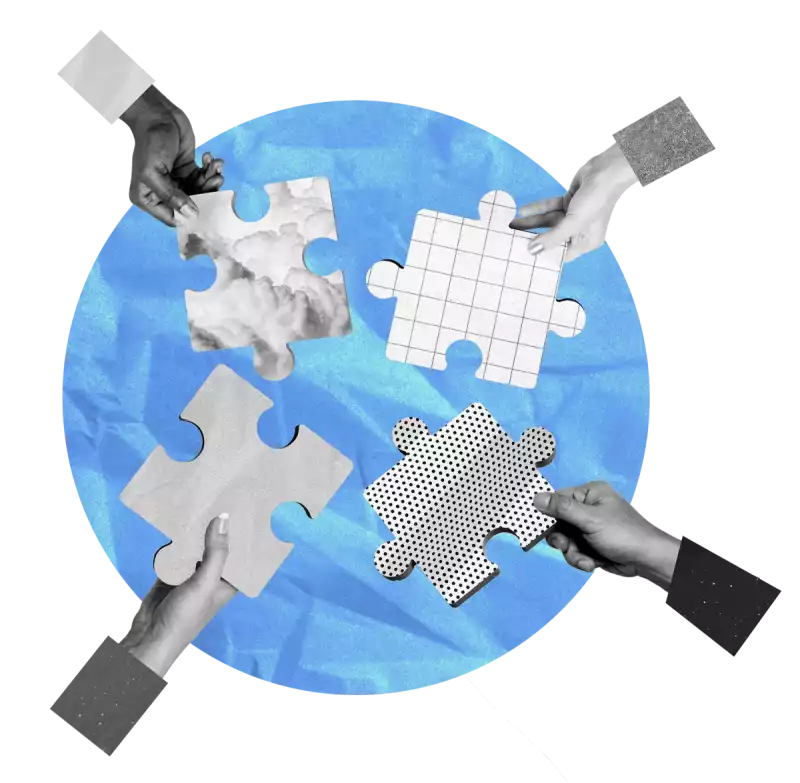This joint report from the International Federation of Accountants (IFAC), the Institute of Chartered Accountants in England and Wales (ICAEW) and the Basel Institute on Governance explores the concept of the "integrated mindset" – i.e. considering financial and sustainability-related information about a company holistically and in an integrated way.
The "integrated mindset" is an approach within companies and by company leadership that considers financial and sustainability-related information about the company as a whole, in an integrated way. This integrated approach to financial and sustainability-related information empowers better-informed decisions that deliver long-term value creation. This delivers financial returns to investors while taking account of value to customers, employees, suppliers, and societal interests.
An integrated mindset extends to all environmental, social, and governance (ESG) issues. This report will help companies — in particular, their professional accountants in business — apply an integrated mindset to anti-corruption oversight and compliance programs, a crucial component of the governance “G” in ESG.
Moreover, it highlights that a commitment to an ethical culture is fundamental to an integrated mindset. Corruption evolves and changes constantly, creating risks that go beyond what companies can address internally, such as distorting competition and creating an uneven playing field between competitors.
Working toward developing more integrated industry approaches that lift the standards of business integrity at the sectoral or country level through Collective Action can be an effective way for companies to work toward future-proofing their compliance programs. “whole of business” approach to anti-corruption compliance.











